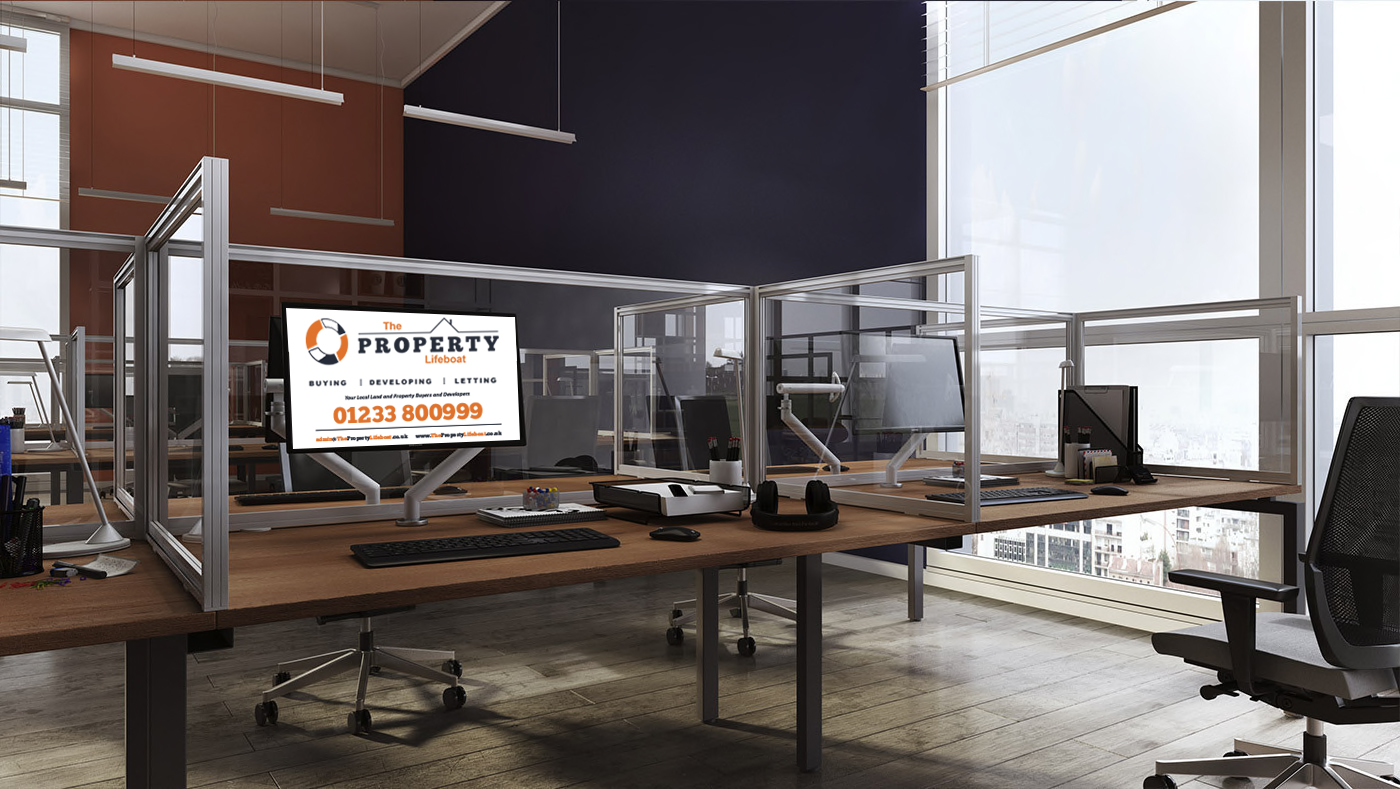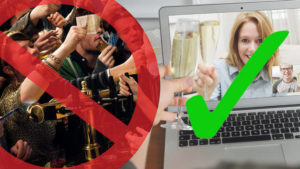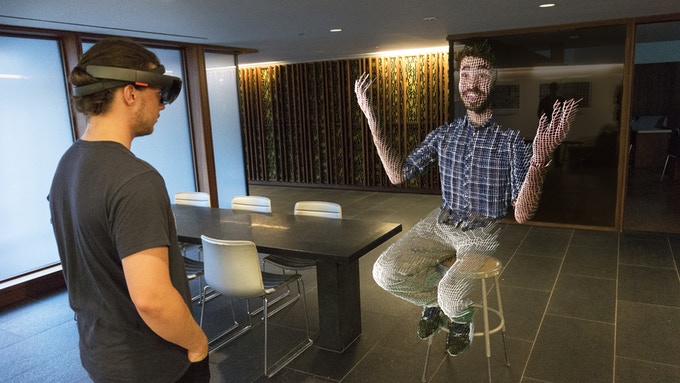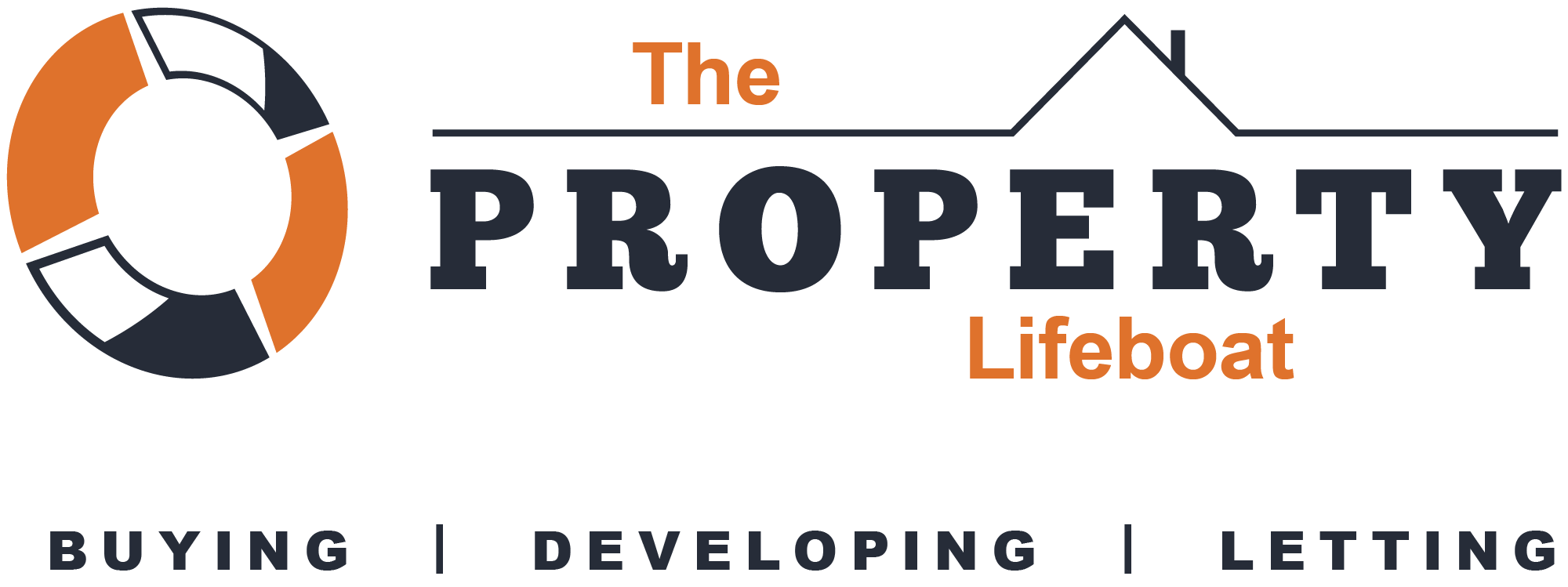
With the infection curve now flattening in most countries including the UK, lockdown becoming – dare we say it – almost routine and the summer weather not far away, the country is, tentatively, slowly, looking forward to a life beyond Covid-19.
Already, some countries have relaxed some of their most restrictive rules and lockdowns are being lifted at least in part. There is obviously still a long way to go but it has always paid business owners to be one step ahead of what is going on around them and look to the future – rather than being reactive – and this is no less the case in this present situation.
So, what might business life look like going forwards? What are the business opportunities?
From a macro-economic perspective, the near-term impact is likely to be sharp recession in most countries. Technically a recession is defined as two consecutive quarters of contraction of the economy. In the UK this is predicted to happen during the middle two quarters of the year with an overall average decline for the year of around 14% – the deepest recession in history. However, the underlying global economy is strong and a reasonably quick bounce back is also predicted, with 15% growth in early 2021 and the UK economy reaching pre-Coronavirus levels by the latter part of 2021.
From a business perspective there will obviously be some shorter-term nervousness; a reluctance to hire and potentially a reluctance to invest, but as life gradually returns to normal this will fade.
It is natural for people to focus on the immediate effects and the impacts occurring here and now. There will however likely be some lingering socio-economic effects and these will be reflected in as well in the way businesses operate. We may see some longer lasting or even permanent changes in business and some very quick technological advances. Not all of these will be positive. Let’s take a look therefore into the middle future: say 5-25 years. Read on to find out our predictions.
-
Social d-i-s-t-a-n-c-i-n-g in the workplace.

In recent years larger workplaces have definitely become less ‘touchy-feely’ or ‘social’ places but this is set to become exacerbated going forwards. There will likely be a discouragement to most forms of socialising in or around the workplace. Those after work trips to the pub may become a  challenge. Office parties? Forget it, not necessary. In addition, employers will be encouraged or mandated to provide more private workspace for
challenge. Office parties? Forget it, not necessary. In addition, employers will be encouraged or mandated to provide more private workspace for
employees, so they are able to properly practice ‘social-distancing’. Yes, we’re afraid that phrase is set to stay for ever, or certainly for a generation or so. Hot desking – popular from the early 2000s onwards will now come under scrutiny as a now dangerous solution to overcrowded offices. Employers will be treading a fine line between economically viable operation and providing a safe working environment free from every conceivable risk. This will have a knock-on effect to business efficiency and costs.
-
Mandated vaccination/Workplace ‘green card’.
The obvious response to this from an employer’s perspective is to take a greater ‘interest’ (read: control) in the health and ‘lifestyle choices’ of their employees. Be prepared to see employers mandating that new employees are inoculated against common diseases that circulate in an office environment (i.e. most diseases) in exchange for an employment contract. All very Orwellian.
-
Virtual Workplace
So, the first two bullets were a bit tongue in cheek, but we are having a bit of fun with this. Remember, the concept of humans controlling winged flying machines was laughable in the mid-1800s, but was reality by the early-1900s. So, what if people didn’t come into the office at all – ever, not even on their first day? Remember that colleague that you hardly ever saw in the office and people couldn’t remember if he/she still worked for the company? Welcome to the new reality. There will be whole armies of employees that no one ever sees or has ever met face to face. People will no longer say ‘has anyone seen John/Jane today’ as it will no longer be regarded as necessary to ‘see’ everyone to have everything under control. This is not to say the work won’t be getting done. In response, employers will have to develop new ways of managing these staff and unfortunately of course also tracking their whereabouts.
-
Remote working technology.

Building on the above theme, there will be a consequent rise in remote working and monitoring technologies. We already commonly use technologies such as cloud storage, file sharing and video conferencing. This will become the normal way of working. In addition, there will be new ‘remote presence’ technologies; perhaps holographic or similar (remember Yoda in Star Wars?). Teleoperation and monitoring of company equipment or facilities will increase. Some jobs – such as control of power plants and the like – will become completely ‘online’. Teleoperation of surgical equipment as well will become more commonplace.
-
People-less working and robotics.
There are some jobs where two or more people are forced into close contact for an extended period of time where there will be renewed effort to find alternative technological solutions. Think of situations like taxi trips, getting your hair cut, getting a massage, a trip to the dentist or GP, building sites?  Some of these jobs and ways of working are living on borrowed time. Instead of hopping in a taxi with a human driver, we will more commonly ‘hail’ a driverless vehicle via an app on our phone. Primary healthcare – whilst not a business as such – is another area ripe for overhaul and we will see a rise in robotic diagnostics and ‘walk-in’ clinics staffed by robots, with traditional GPs overseeing things behind the scenes or available via video link. We think however it will be a long time before people we will see significant automation changes to the business of cutting hair!
Some of these jobs and ways of working are living on borrowed time. Instead of hopping in a taxi with a human driver, we will more commonly ‘hail’ a driverless vehicle via an app on our phone. Primary healthcare – whilst not a business as such – is another area ripe for overhaul and we will see a rise in robotic diagnostics and ‘walk-in’ clinics staffed by robots, with traditional GPs overseeing things behind the scenes or available via video link. We think however it will be a long time before people we will see significant automation changes to the business of cutting hair!
-
Reduction in Travel.
A consequence of increased ‘telepresence’ or remote working in the workplace is a reduction in travel – particularly air travel – but also the traditional commute. The Coronavirus pandemic and subsequent lockdown have shown many businesses that their staff are able to work from home or do not need to attend that ‘important meeting’ in New York in person. There are huge financial savings for business in not having to pay for international or domestic travel, as well as obvious efficiency savings when the lost travel time is taken into account. It may take a while for businesses to digest the figures but ultimately these findings will feed through into permanent changes in the way businesses function.
-
Rise in the Use of PPE (Personal Protective Equipment).
Businesses will need to change their approach to basic PPE in the workplace and we will begin to see PPE such as facemasks and gloves start to appear in more mundane workplace situations. There is also likely to be an increase in physical screening – such as that seen in banks. Some of these may become adopted as a permanent feature.
-
Business Networking Meetings.
Business networking meetings have gone online during the lockdown. As video conferencing technology develops further, many more people will be able to interact together online simultaneously in a way more akin to a traditional event. This may potentially negate the need for actual face to face business networking meetings. Watch this space.

-
Technology and health-based business opportunities.
All of these technological improvements and adaptations to deliver increased and more efficient remote working, teleoperation and physical separation and protection of employees will drive a host of new technology start-ups, and act as a springboard for many existing companies to expand greatly.
-
The Property Industry.
So, what if any of this will be relevant in the property industry? Well, people will obviously still need somewhere to live; they will buy or rent property and they will move house. We may see a change in house design to allow a private working space or multipurpose spaces for home working. People may also begin to demand bigger houses or more private space generally; a bigger garden for instance or a summer house? The building and development industry will have to adapt and take this into account as will planning processes. In the property rental and sales industries we will see a further shift towards online advertising and remote viewings. The legal process too, will have to adapt to remote working practices and systems such as virtual signatures. As well as the obvious safety driver, it is a far more efficient use of time. At our sister company Lifeboat Lettings we have been successfully trialling the use of video tours of our properties and we expect this to increase.

Post Covid-19 the business world is likely to be a notably different place in a number of areas. Our High Streets will be different places with a few notable companies disappearing or scaling back their operations. However, necessity is the mother of invention as the saying goes, and there will be some great success stories as a consequence as well. However, it is the more subtle changes which could be with us for a long time which are perhaps going to be the permanent reminder of the pandemic in the business world.



